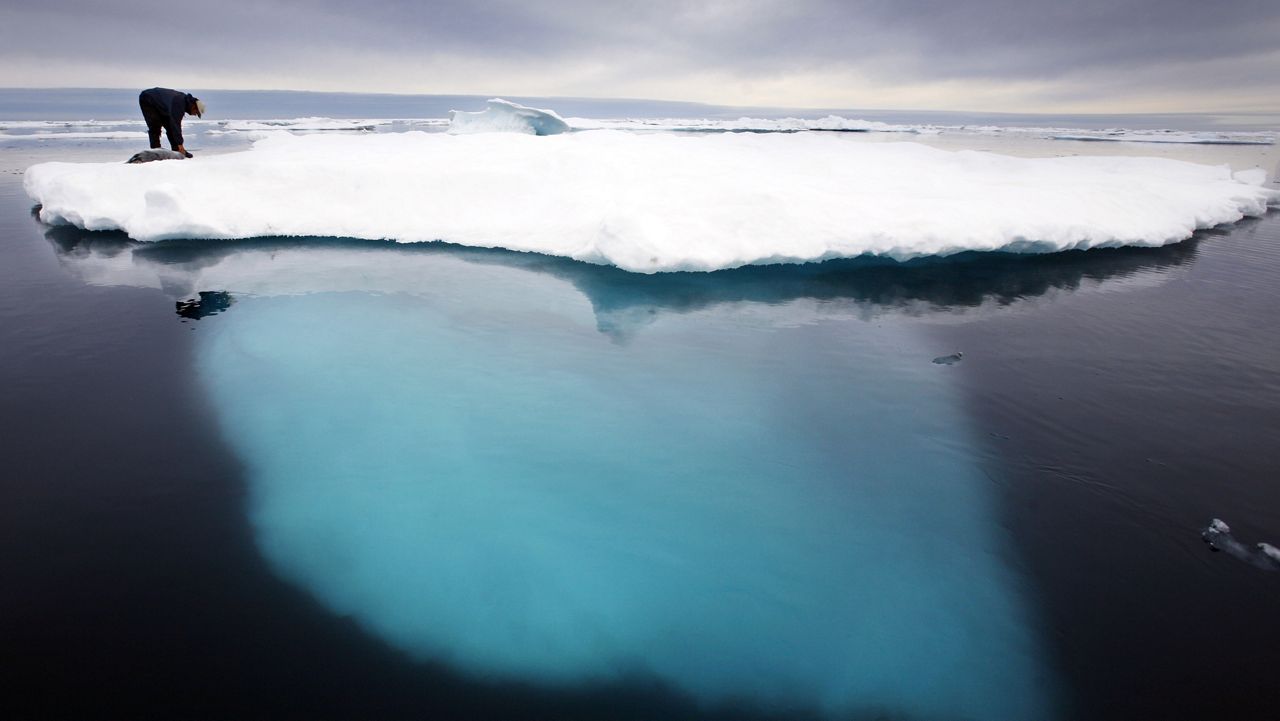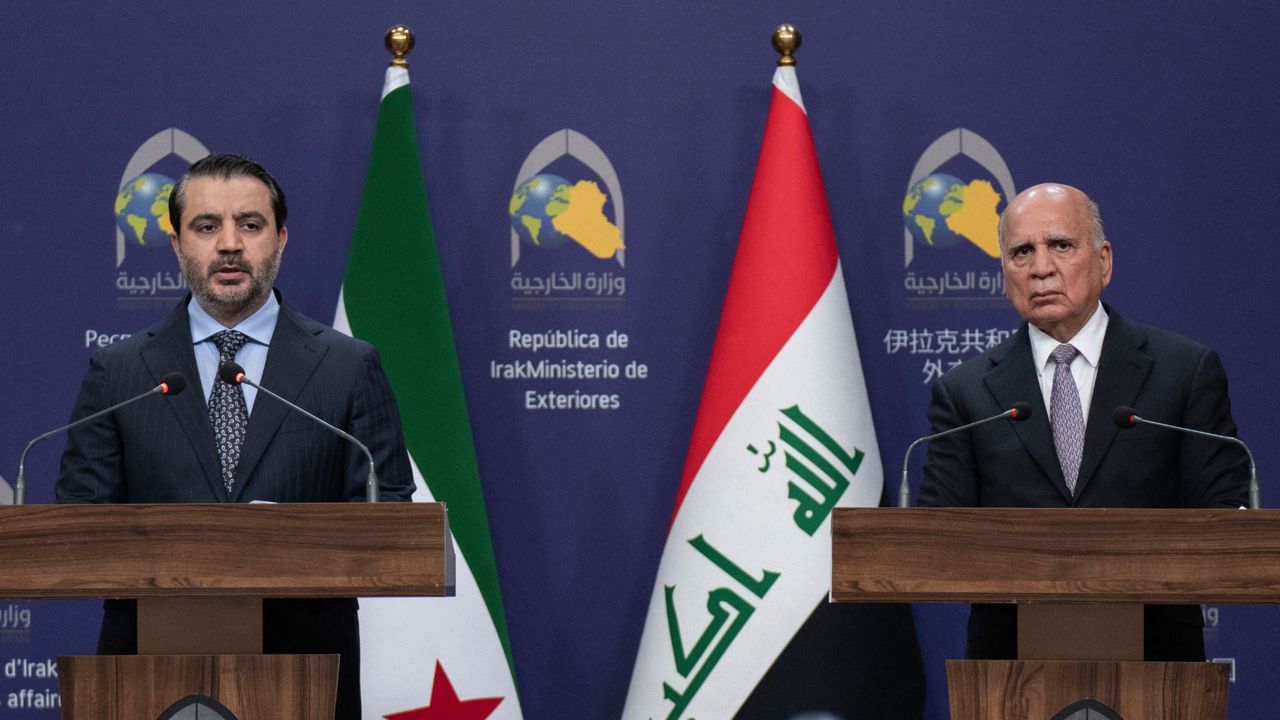Greenland’s government announced that it has decided to scrap all plans for future oil exploration off of the world’s largest island due to climate change concerns.
“The future does not lie in oil. The future belongs to renewable energy, and in that respect we have much more to gain,” the country’s government said in a statement, adding that it “wants to take co-responsibility for combating the global climate crisis.”
The decision was made last month, but made public Thursday. The country's government called it a “natural step” because it “takes the climate crisis seriously.”
“As a society, we must dare to stop and ask ourselves why we want to exploit a resource,” Naaja Nathanielsen, Greenland's minister of natural resources, said in a statement. “Is the decision based upon updated insight and the belief that it is the right thing to do? Or are we just continuing business as usual?”
“It is the position of the Greenlandic government that our country is better off focusing on sustainable development, such as the potential for renewable energy,” Nathanielsen added.
No oil has been found yet around Greenland, but officials there had seen potentially vast reserves as a way to help Greenlanders realize their long-held dream of independence from Denmark by cutting the annual subsidy of $540 million the Danish territory receives.
The U.S. Geological Survey estimates there could be 17.5 billion undiscovered barrels of oil and 148 trillion cubic feet of natural gas off Greenland. In a recent study, the Geological Survey of Denmark and Greenland (GEUS) estimated that there are 18 billion derisked barrels of oil on the country’s west coast, and large deposits could be below the seabed on the country’s east coast.
“However, the Greenlandic government believes that the price of oil extraction is too high,” the government wrote in a statement. “This is based upon economic calculations, but considerations of the impact on climate and the environment also play a central role in the decision.”
“International investments in the energy sector in recent years are moving away from oil and gas and into renewable energy,” said Pele Broberg, the country’s Minister for Business, Trade, Foreign Affairs and Climate. “It is therefore natural that we emphasize business on the opportunities of the future and not on the solutions of the past. The decision to halt oil exploration is also the story of a population that puts the environment first.”
When the current government, led by the Inuit Ataqatigiit party since an April’s parliamentary election, it immediately began to deliver on election promises and stopped plans for uranium mining in southern Greenland.
"We can see the consequences in our country every day, and we are ready to contribute to global solutions to counter climate change," Kalistat Lund, the country's Minister for Agriculture, Self-sufficiency, Energy and Environment, said in a statement, adding that the government "is working to attract new investments for the large hydropower potential that we cannot exploit ourselves."
"The decision to stop new exploration for oil will contribute to place Greenland as the country where sustainable investments are taken seriously," Lund added.
Greenland still has four active hydrocarbon exploration licenses, which it is obliged to maintain as long as the licensees are actively exploring. They are held by two small companies.
Denmark decides foreign, defense and security policy, and supports Greenland with the annual grant that accounts for about two-thirds of the Arctic island’s economy.
The Associated Press contributed to this report.








